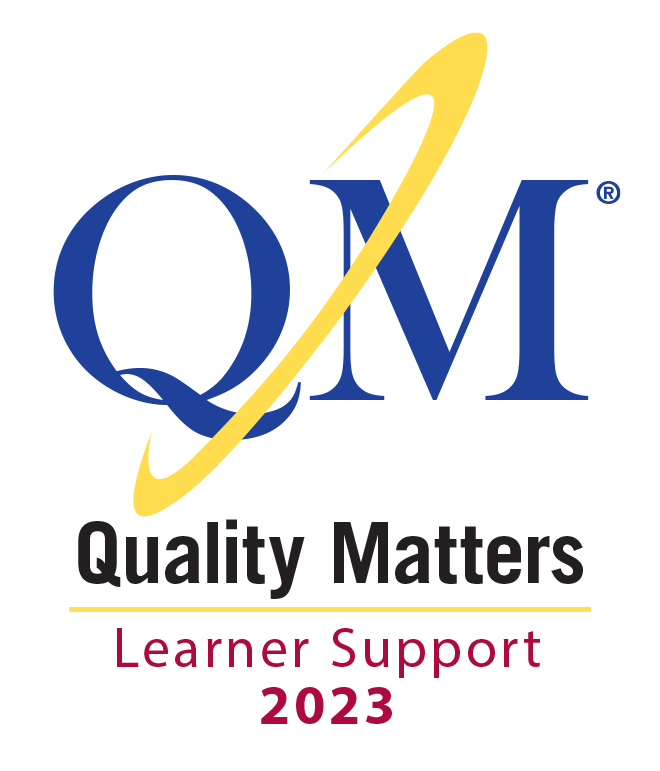Questions? Request Information
Degree Completion Journey
When pursuing your online master’s in psychology, you will take courses that introduce you to several psychological domains, including, but not limited to, developmental, social, and biological psychology. You will also evaluate the scientific merit of psychological research and literature in your online courses, which will give you a solid foundation of psychological knowledge when going into your field of practice. When you graduate with your online UAGC Master of Arts in Psychology, you will be prepared for a career in which a broad background and specialized knowledge in psychology may be required.
To be awarded the Master of Arts in Psychology degree, all students must complete 36 credit hours with a 3.0 minimum grade point average in all coursework attempted at UAGC.
This program is not designed to meet the state educational requirements for a specific professional license or certification in any state. Students seeking licensure or certification in a particular profession shall carefully research the requirements prior to enrollment and regularly review the requirements as they are subject to change. Requirements vary by state. The University of Arizona Global Campus does not guarantee that any professional organization will accept a graduate’s application to sit for any exam for the purpose of professional certification. Further, a criminal record may prevent an applicant from obtaining licensure, certification, or employment in their field of study.
This program is not a licensure program and does not prepare an individual to become a licensed psychology professional. There is no practicum or internship associated with this degree.
California Students: This program does not lead to licensure. According to the California Board of Psychology, candidates for licensure as a psychologist must have a qualifying doctoral degree. The Board of Behavioral Sciences which governs licensure for LMFT, APCC, LPCC, LEP, and LCSW, requires candidates to meet didactic requirements and rigorous practicum/supervised professional hours that range between 500 to 2000 hours depending on the type of license. Coursework in the Master of Arts in Psychology at UAGC may partially meet didactic requirements for CA licensure but that evaluation is done by the respective boards, and the purpose of the program is not designed to prepare students for licensure of any type. A criminal history background check by fingerprint via a Live Scan service must be passed that may include an investigation into felony and misdemeanor convictions. For additional details regarding the CA requirements for obtaining licensure as a psychologist, please visit: https://www.psychology.ca.gov/licensees/index.shtml.
Certain degree programs may not be available in all states.
The Online Teaching Support Certification recognizes programs that require all online faculty to undergo training in best practices for online course delivery, provide faculty with ongoing pedagogical support, encourage faculty professional development to increase their knowledge and skill in online teaching, emphasize instructor availability and feedback to learners, and collect and use feedback from learners to improve online teaching. Learn More

The Online Learner Support Certification recognizes programs that provide all the critical student and academic services needed for learner success and use learner feedback to continuously improve those services.

Careers Related to Master of Arts in Psychology


U.S. Department of Labor data regarding salary ranges and job growth projections are national in nature and do not guarantee employment, any specific salary, or job growth. Also, national long-term projections may not reflect local and/or short-term economic or job conditions. Top Skills are provided via Lightcast job postings data and may not align with UAGC program learning outcomes. UAGC programs are not designed to meet the state educational requirements for a specific professional license or certification in any state. UAGC does not guarantee employment placement, any specific salary from employment, or career advancement.
Meet Our Faculty
Other Degrees That May Interest You
Check out other degree programs that suit a variety of interests and may enhance a wide scope of career opportunities at UAGC. Discover similar programs to find the right path for you.






